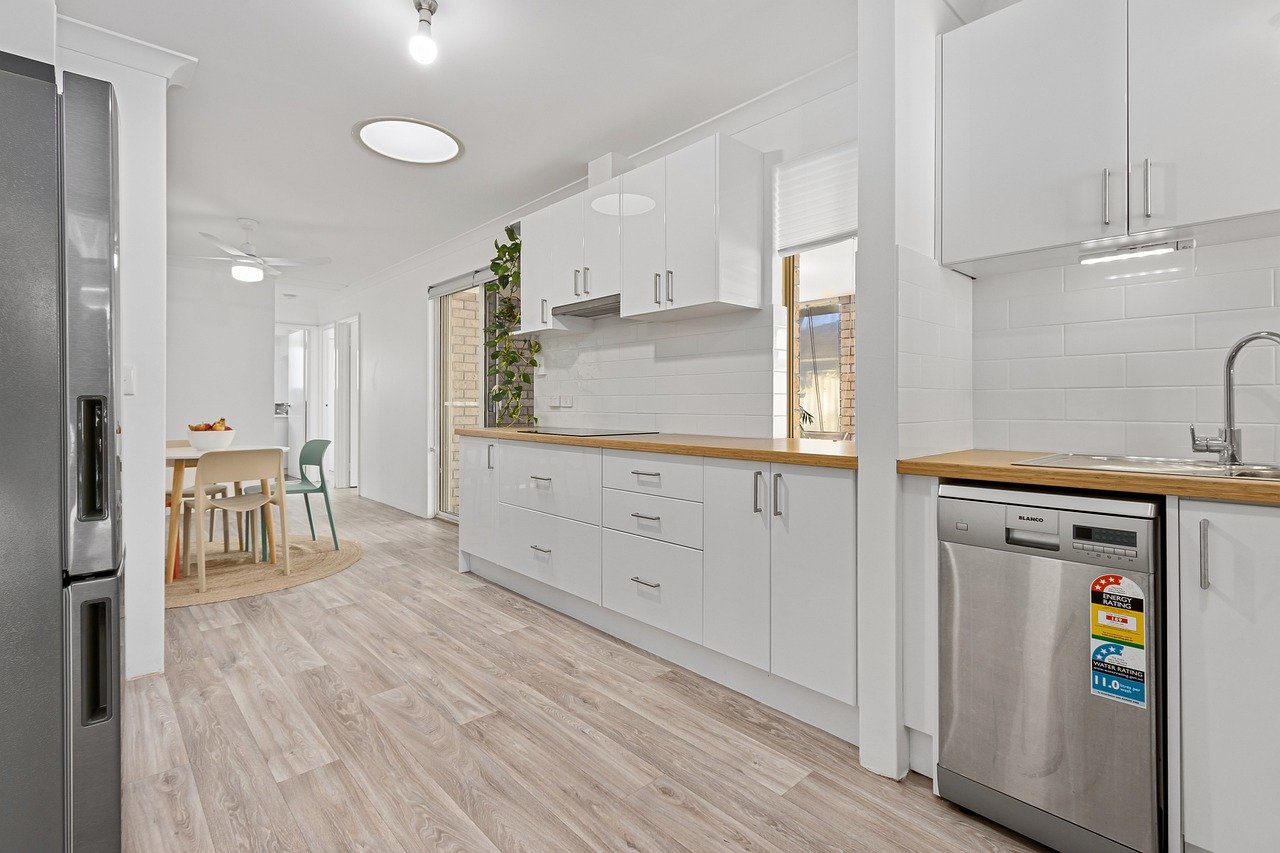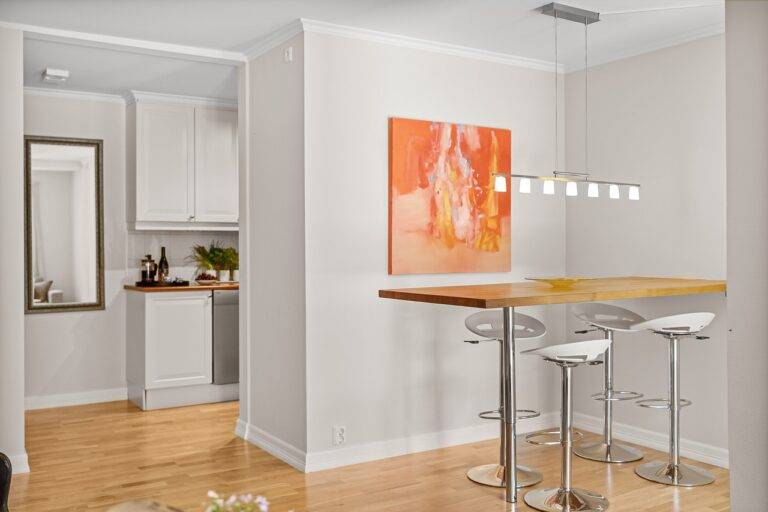How to Use Ventilation to Enhance Home Health: Play exchange 99, Lotus365 login, Playxchange
play exchange 99, lotus365 login, playxchange: Ventilation is an essential aspect of maintaining a healthy home environment. Proper ventilation can help to reduce indoor pollutants, control humidity levels, and prevent the buildup of mold and mildew. In this blog post, we will discuss how to use ventilation to enhance home health.
Here are some tips on how to improve ventilation in your home:
1. Open Windows: One of the simplest ways to improve indoor air quality is to open windows and let fresh air in. This can help to flush out stale air and reduce the concentration of indoor pollutants.
2. Use Exhaust Fans: Exhaust fans in bathrooms and kitchens can help to remove excess moisture and odors from the air. Make sure to use these fans when cooking or showering to prevent the buildup of humidity.
3. Install a Whole-House Ventilation System: A whole-house ventilation system can help to circulate fresh air throughout your home. These systems can be particularly beneficial in homes that are tightly sealed to improve energy efficiency.
4. Clean Filters Regularly: Make sure to clean or replace filters in your HVAC system regularly. Dirty filters can reduce the efficiency of your system and allow pollutants to circulate throughout your home.
5. Use Natural Ventilation Strategies: In addition to opening windows, you can also use natural ventilation strategies such as cross-ventilation and stack ventilation to improve air circulation in your home.
6. Consider Indoor Plants: Indoor plants can help to improve indoor air quality by absorbing pollutants and releasing oxygen. Consider adding a few plants to your home to help clean the air.
7. Control Humidity Levels: Excess humidity can promote the growth of mold and mildew. Use a dehumidifier to control humidity levels in your home and prevent moisture-related issues.
8. Address Sources of Pollution: Identify and address sources of indoor pollution such as smoking, cleaning products, and building materials. Ventilation alone may not be enough to improve indoor air quality if pollutants are continually being introduced into your home.
9. Schedule Regular Maintenance: Make sure to schedule regular maintenance for your HVAC system to ensure that it is functioning properly. A well-maintained system can help to improve indoor air quality and reduce energy costs.
10. Seek Professional Advice: If you are unsure about how to improve ventilation in your home, consider seeking advice from a professional. An HVAC technician or indoor air quality specialist can help you identify issues and recommend solutions.
FAQs:
Q: How can poor ventilation impact my health?
A: Poor ventilation can lead to an accumulation of indoor pollutants, such as allergens, chemicals, and mold spores, which can exacerbate respiratory issues and allergies.
Q: How often should I change the filters in my HVAC system?
A: It is recommended to change filters in your HVAC system every 1-3 months, depending on the manufacturer’s instructions and the level of air pollution in your home.
Q: Can indoor plants really improve indoor air quality?
A: Yes, indoor plants can help to improve indoor air quality by absorbing pollutants and releasing oxygen. However, they should not be relied upon as the sole method of improving ventilation in your home.
In conclusion, proper ventilation is crucial for maintaining a healthy home environment. By following the tips outlined in this blog post, you can enhance ventilation in your home and improve indoor air quality. If you have any further questions or concerns, don’t hesitate to seek advice from a professional.







